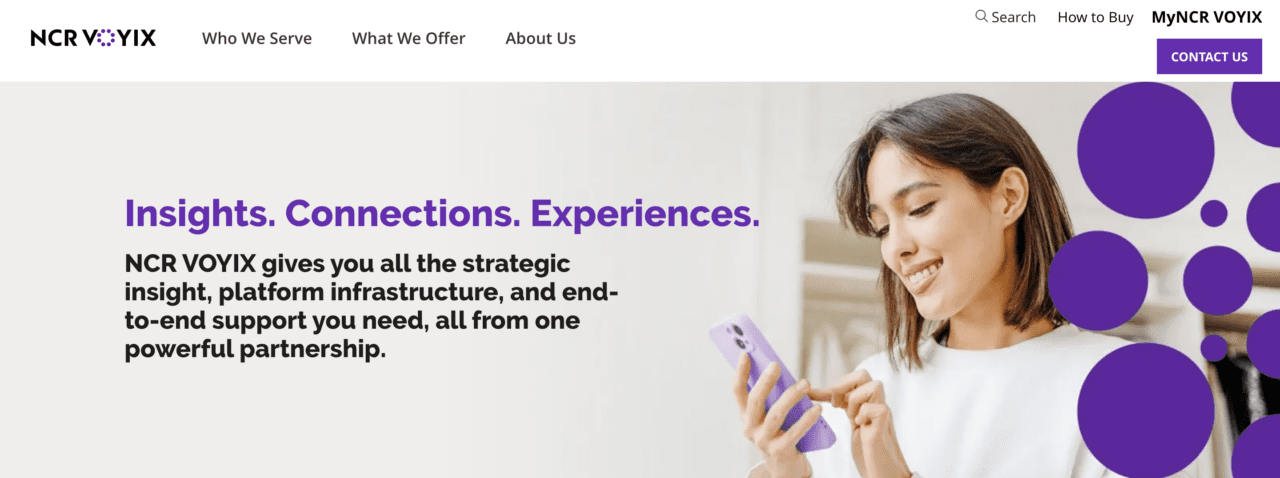
- U.S. Bank is using technology from Pagaya to help underwrite unsecured personal loans.
- Pagaya’s AI model generates underwriting recommendations and completes a secondary credit decisioning review of borrowers who were originally rejected.
- The partnership, which has the potential to expand U.S. Bank’s borrower pool, has already led to the approval of more than 2,000 personal loans over the past few months.
U.S. Bank announced today it has tapped alternative underwriting solutions company Pagaya to help more borrowers qualify for loans.
U.S. Bank initiated the partnership to help more clients access personal loans, which often pose more risk for lenders because they are unsecured. Pagaya leverages AI to complete a secondary credit decisioning review of borrowers who are initially rejected. If Pagaya approves the borrower, U.S. Bank will originate and service the loan.
Key to the solution is Pagaya’s AI model that analyzes thousands of data points to generate tailored underwriting recommendations. Because the model uses more data than a traditional regression model, U.S. Bank can more efficiently find applicants who are responsible borrowers, but who don’t fit into the bank’s FICO score cutoff.
As interest rates remain high, banks will continue to face challenges in managing their lending operations. When higher interest rates lead to increased borrowing costs, some customers are unable to afford previously attainable loans. Also contributing to the smaller borrower pool, banks have become more selective in their lending practices by focusing on borrowers with strong credit profiles and stable financial histories.
“We know that we have many clients who don’t fall within our traditional credit parameters,” said U.S. Bank Head of Consumer Lending Partnerships Mike Shepard. “By expanding access to responsible credit solutions, we are giving clients access to funds when they need it the most, through their existing and trusted banking relationship with us.”
Ultimately, using Pagaya helps U.S. Bank extend loans to more clients by delivering credit to individuals who would otherwise be rejected. Since U.S. Bank began working with Pagaya for underwriting a few months ago, the bank has been able to approve more than 2,000 clients for personal loans.
New York-based Pagaya was founded in 2016 and has raised $1.6 billion in combined debt and equity across ten funding rounds. The company went public via a SPAC merger in 2021 and currently trades on the NASDAQ under the ticker PGY with a market capitalization of $8.95 million.
“We share U.S. Bank’s commitment to increasing access to life-changing financial products and services,” said Pagaya Chief Growth Officer Leslie Gillin. “With Pagaya’s integrated and seamlessly embedded lending technology, our lending partners can expand and deepen their client relationships to a more diverse group of borrowers.”











